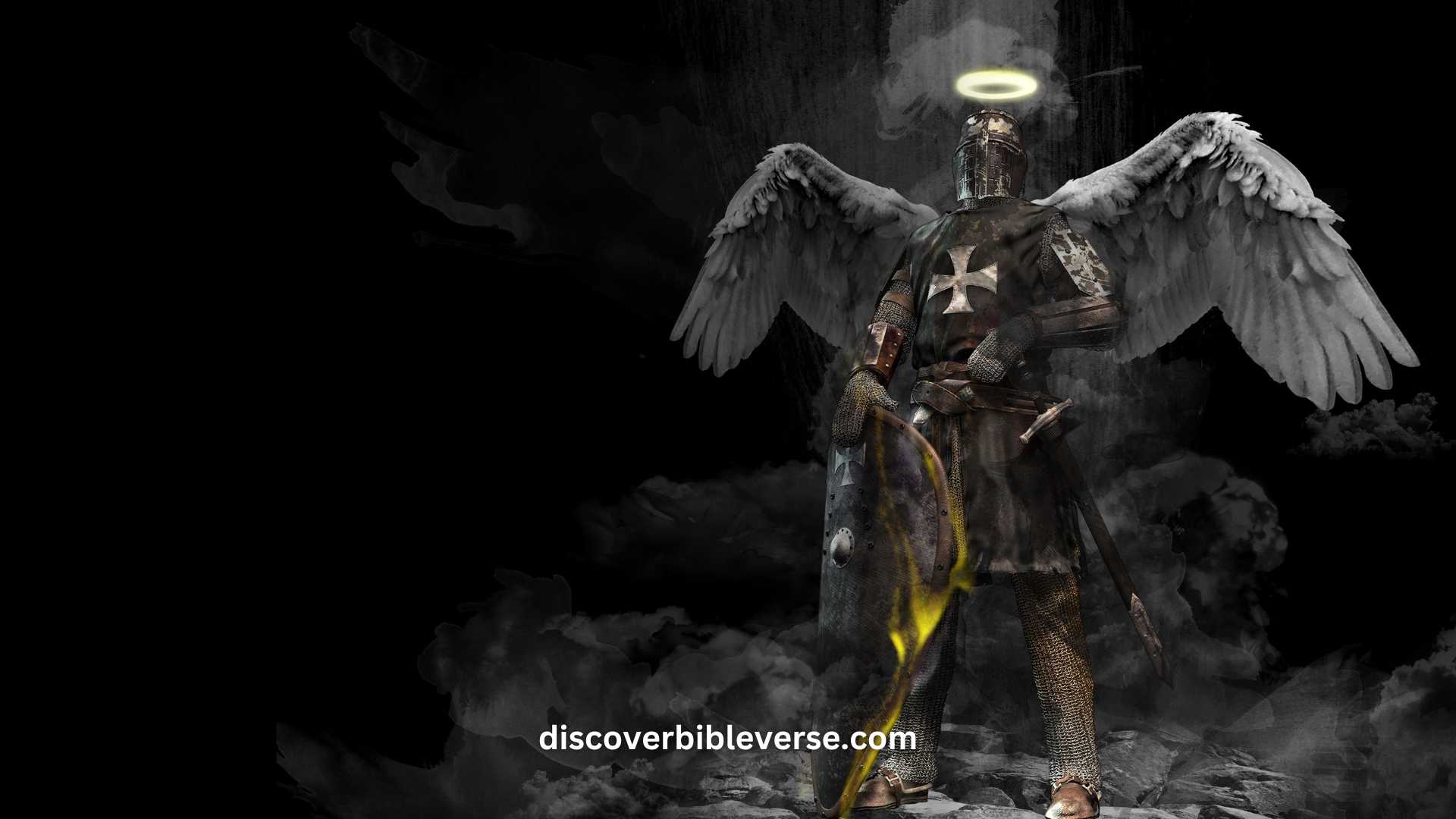In the tapestry of religious texts, the Bible stands out with its rich and often bewildering narratives. Among these are passages that, at first glance, might seem downright bizarre or ‘crazy.’ But what makes these quotes so intriguing? Let’s dive into some of these peculiar scriptures and uncover their hidden depths.
Genesis: A Talking Snake and Incest? In the book of Genesis, we encounter a talking snake and narratives of incest. While these elements might shock modern readers, they serve as symbolic representations in a larger narrative about human nature, temptation, and the complexities of familial relationships.
Exodus: The Talking Bush Exodus introduces us to a God who appears as a talking bush, eager to aid a hesitant group of people. This imagery is not just about divine communication but also symbolizes the burning passion of God’s message and the resilience of faith that isn’t consumed by trials.
Leviticus: A Rulebook with a Twist Leviticus, with its detailed laws on sex, diet, and punishment, might seem excessively strict. However, these guidelines were meant to set a standard for holiness and societal order in a time of nascent civilization.
Deuteronomy: Recap with a Stern Warning Deuteronomy revisits previous events but with a stern tone. Moses emphasizes the flaws of his people, not to berate them, but to remind them of the importance of humility and obedience to divine guidance.
Ecclesiastes and Proverbs: Contrasting Life Philosophies Ecclesiastes seems to contradict the promises of Proverbs, with one highlighting life’s futility and the other its wisdom. This contrast reflects the diverse perspectives within the Bible, encouraging readers to find balance between worldly knowledge and spiritual understanding.
Song of Solomon: Love in Fruity Metaphors The Song of Solomon, with its sensual imagery and fruit metaphors, might puzzle readers. Yet, it celebrates the beauty of love and intimacy, using poetic language to express deep emotions and the human experience of love.
New Testament Wonders: From Miracles to Parables The New Testament is filled with miracles, teachings, and parables that might seem ‘crazy’ but are laden with deep spiritual meanings. Jesus’ teachings, often wrapped in parables, challenge us to think deeply about moral and ethical dilemmas.
Revelation: Dragons and Cosmic Battles Revelation, with its dragons and cosmic battles, might read like a fantasy novel. However, it’s a rich tapestry of symbolism reflecting the struggles between good and evil, and the ultimate triumph of faith.
Incorporating Modern Perspectives To bridge the gap between these ancient texts and contemporary understanding, it’s essential to view these ‘crazy bible quotes’ through the lens of historical context, literary style, and theological symbolism. Modern scholarship often provides insights into these passages, offering interpretations that resonate with today’s readers.
Modern Interpretations
In the modern world, these stories can be seen as allegorical or metaphorical, teaching lessons rather than providing historical accounts. They reflect the values, beliefs, and understanding of the world at the time they were written.
As readers, it’s fascinating to engage with these texts, not just as religious scripture, but as literary works. They offer insights into ancient societies, human psychology, and our quest for meaning. When reading these “crazy” quotes, ask yourself:
- What historical context surrounds this quote?
- What moral or ethical lesson is being conveyed?
- How does this apply to modern life and understanding?
Related Questions
- Question: Why is the story of a talking snake in Genesis considered one of the ‘crazy bible quotes’? Answer: The talking snake in Genesis is often seen as ‘crazy’ due to its fantastical element. However, it symbolizes the temptation and the introduction of sin into the human world, serving as a pivotal moment in the Biblical narrative that sets the stage for themes of redemption and morality.
- Question: What makes the depiction of God as a talking bush in Exodus a ‘crazy bible quote’? Answer: The depiction of God as a talking bush in Exodus strikes many as unusual because it anthropomorphizes a natural object. This imagery is meant to represent God’s mysterious and transcendent nature, communicating divine presence in an extraordinary yet accessible form to Moses.
- Question: How do the seemingly contradictory messages in Ecclesiastes and Proverbs fit into the theme of ‘crazy bible quotes’? Answer: Ecclesiastes and Proverbs offer contrasting views on life, with the former questioning the meaning of life and the latter providing wisdom on living righteously. These contrasting messages highlight the Bible’s diverse perspectives, encouraging readers to explore a range of human experiences and wisdom.
Conclusion: Embracing the Weirdness
In conclusion, the ‘crazy’ quotes from the Bible are more than just oddities. They are gateways to understanding the complex, multifaceted nature of this ancient text. By embracing their weirdness, we open ourselves to a deeper appreciation of the Bible’s enduring wisdom and its relevance to our lives today.





You are a very clever person!